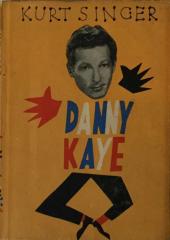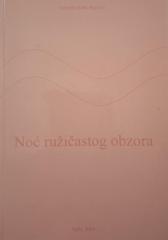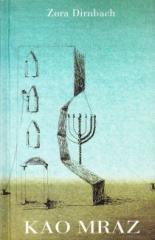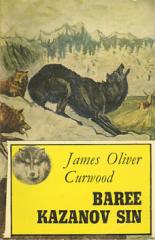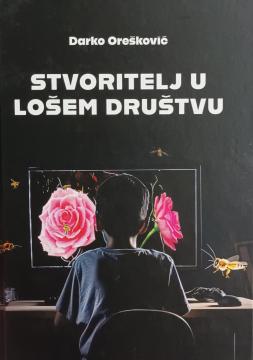
Stvoritelj u lošem društvu
The main theme of the novel The Creator in Bad Society is alienation in modern society.
It is a strong and witty criticism of our environment. Places and characters are almost recognizable. And while alienations from the era of Kafka, Orwell, Sartre or Camus are dark and depressing, alienation in this novel is seemingly like a seductive game. It is enough to turn on the computer screen and dive into the virtual world. You are instantly connected to the whole world. You open pages with Internet content, correspond with people from the most remote imaginable places on our planet, play various video games, jump from topic to topic, fly like a bee from flower to flower. But, by turning off the screen, that magic and excitement of virtual companionship suddenly disappears and you turn into a bigger loner than any of Kafka's characters. And to prevent this from happening, just turn on the computer screen again.
It is the same with the main character of the novel, a young man, who lives the usual and expected life of a member of the middle class, somewhat dryly and without excessive emotions. School, degree, work, family. But in addition to that usual rut, going to the world of the Internet also gives birth to his alter ego, which is anything but the life of a high-ranking official in the rut of life. One could almost say that it is about two heroes who live in separate worlds, real and virtual.
The action in the virtual world takes place like a comic book, and the gallery of characters resembles Alan Ford's heroes with a lot of humor, even black, with a lot of irony, even self-irony, so that alienation becomes almost invisible, and wandering the Internet turns into an exciting adventure. As the main character runs away from relevant topics into the virtual world more and more often, the pressure increases in him, just as the pressure increases in Papin's pot. The pressure in the pot grows more and more and it seems that eventually an explosion is inevitable. Whether there will be an explosion in the life of the main character or not, the reader will find out in this novel. In real life, our hero is driven by an almost sterile routine. Daily trips to work, visiting parents on Thursdays, stories to the child before bedtime and attending various children's activities. The relationship to the wife is also superficial. This rather gloomy life of the hero is shown with a lot of humor in the relations of the main character with all members of his family.
As the virtual world and the real world are two completely different worlds, the protagonist is a completely different person in the virtual world as opposed to a person in the real world. Which of these people is real is perhaps the question that every reader should ask himself, after finishing his many hours of surfing the web.
One copy is available

